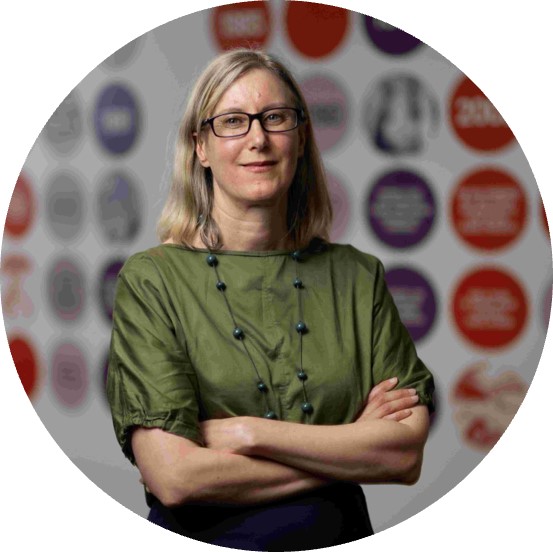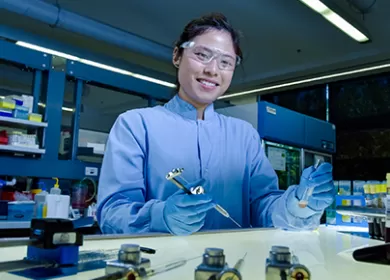Don’t have an account?
Select the donation type you’d like to make
Communicating with donors who have rare blood types
What does it mean to find out you’re rare? Lifeblood researchers set out to explore the experience of donors learning of their rare blood type: what it means for them, their donation behaviour and perspectives on the communications received.
Take home message
It’s important for Lifeblood to understand how donors feel when we tell them they have a rare blood type, so we can keep them coming back and tailor our communications. None of the donors we talked to in this study knew that Lifeblood tests for rare red cells and they were surprised to learn that they have a rare blood type. We’re preparing recommendations to improve Lifeblood’s communication strategies for all donors, both current and future.
What was the question?
In this study, we focused on donors who had recently heard from Lifeblood that they have a rare blood type. We aimed to explore what the donors understood about this news, how they felt about the experience, and how it affected their donor identity.
Why is it important?
Rare blood type donors are vital for patients who need closely matched blood. This research helps us encourage rare blood type donors to continue donating, by showing us how to adapt our communication to their needs.
What did we do?
We conducted five semi-structured, one-on-one telephone interviews with donors who had received a letter from Lifeblood informing them that they had a rare blood type. In our discussions with donors, we explored their perspectives on communications that informed them of their rare blood type, any actions they took when they received the news (e.g. further reading, informing family), and their views on their donor identity and future donations.
What did we find out?
- The participants were surprised to learn they had a rare blood type, as most were experienced donors.
- Many felt special and excited upon learning of their rare blood type.
- Lack of follow-up information left them confused about the process for collecting and using their blood.
- Some wanted their rare blood type to be listed on their donor ID card.
- Participants felt that they were given limited information about what makes blood rare, what it means for them as donors and their health.
- Most participants searched for information themselves but had difficulty finding it.
What are the next steps?
We’ve recommended improvements to communications about Lifeblood’s rare blood type testing to provide more information to donors in the rare blood type letter, and include a telephone follow-up.



